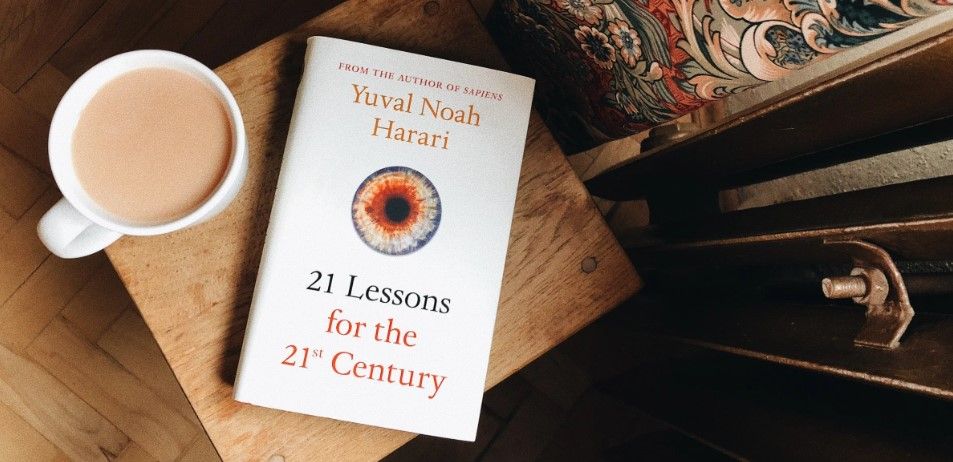
21 Lessons for the 21st Century: A Guide to Navigating Uncertain Times
In an increasingly complex and uncertain world, Yuval Noah Harari presents us with a fundamental work to understand contemporary challenges. "21 Lessons for the 21st Century" is not just a book but a compass for navigating the most urgent dilemmas of our time.
"In the age of disinformation, clarity is power" - this sentence by Harari aptly summarizes the first major lesson of the book. In a world where we are constantly bombarded with information, the ability to discern what is truly relevant becomes a crucial skill.
Global Challenges
The author presents three major challenges that humanity will face in the coming decades: the technological revolution, especially artificial intelligence; climate change; and the rise of new authoritarian political systems. As he wisely observes:
"Technology is not deterministic. The same technology can be used to create very different types of society."
The Future of Work
One of the most impactful points of the work is its analysis of the future of work. Harari warns:
"Humans have two basic types of skills - physical and cognitive. In the past, machines only competed with us in physical skills. But in the 21st century, they are beginning to surpass us in cognitive skills as well."
Revolutionary Education
Regarding education, the author presents a revolutionary perspective.
"In a world flooded with information, the most important thing is not to accumulate information but to know what to ignore."
This quote makes us reflect on how we must completely rethink our educational systems to prepare the next generations.
Key Takeaways from the Book:
- Mental Flexibility: The ability to unlearn and relearn constantly will be more valuable than specific knowledge.
- Critical Thinking: In an era of fake news and algorithmic manipulation, developing a strong critical sense is essential.
- Self-Knowledge: "In a world where everything is connected, the greatest contribution you can make is knowing yourself."
- Global Awareness: The problems of the 21st century are global and require global solutions.
- Technological Balance: Technology should be seen as a tool, not as a magic solution to all problems.
Harari also addresses deep existential questions, as demonstrated in this quote:
"When technology meets biology, and when big data meets biotechnology, what happens to society, politics, and everyday life?"
Modern Religion and Spirituality
On religion and spirituality in the modern world, he offers a unique perspective:
"In the 21st century, we need to create a new global narrative that can give meaning to human life without resorting to supernatural fictions."
Conclusion: Hope and Realism
The book concludes with a message of hope tempered with realism:
"The future is not set in stone. We still have the power to shape the world according to our wisest aspirations."
To face the challenges of the 21st century, Harari suggests that we need to develop a deeper understanding of ourselves and our position in the world. As he eloquently puts it:
"In a world flooded with irrelevant information, clarity is power."
This work not only identifies the problems we face but also offers us conceptual tools to understand and tackle them. As the author himself concludes:
"The question is not what will happen in the future, but what kind of future we want to create."
"21 Lessons for the 21st Century" is more than a book; it is an invitation to profound reflection on our role in this crucial moment of human history. As Harari reminds us:
"The true test of knowledge is not how much we know, but how we act when we realize how much we do not know."
- yuval_noah_harari
- 21_lessons
- twenty_first_century
- contemporary_challenges
- artificial_intelligence
- climate_change
- education
- technology
- future
- self_knowledge